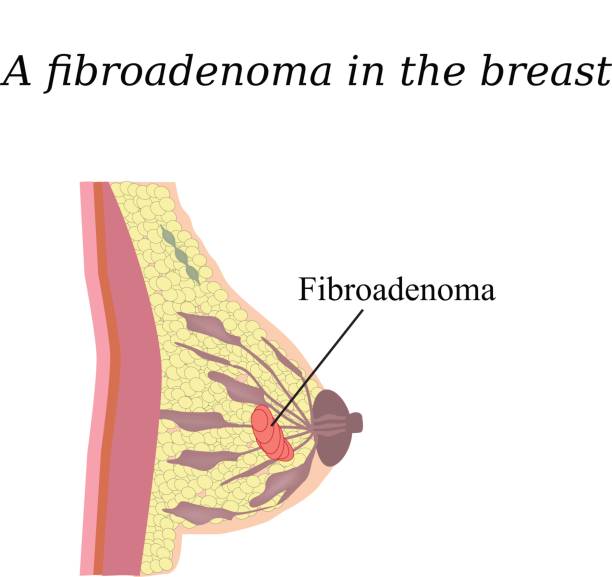Pain management after breast cancer surgeryis a crucial aspect of postoperative care, and healthcare providers employ a combination of medications and non-pharmacological approaches to ensure optimal comfort for patients. The specific pain management plan may vary depending on the type of surgery performed, individual patient needs, and any underlying health conditions. Here are common strategies for pain management after breast cancer surgery:
Medications: Analgesics (Pain Medications): Prescription or over-the-counter pain medications, such as acetaminophen or nonsteroidal anti-inflammatory drugs (NSAIDs), may be recommended to alleviate pain and reduce inflammation.
Opioid Analgesics: In some cases, opioid medications may be prescribed for a short duration to manage moderate to severe pain. However, their use is carefully monitored due to potential side effects and the risk of dependence.
Local Anesthetics: Nerve Blocks or Local Injections: Local anesthetics may be administered directly to the surgical site through nerve blocks or injections. This can provide targeted pain relief and reduce the need for systemic medications.
Multimodal Analgesia: Combination of Medications: Healthcare providers may use a multimodal approach, combining different classes of medications to target pain from multiple angles. This approach aims to minimize the use of opioids and reduce side effects.
Patient-Controlled Analgesia (PCA): PCA Pump: In some cases, a patient-controlled analgesia pump may be used. This allows patients to self-administer a preset dose of pain medication within safe limits, providing a sense of control over pain management.
Non-Pharmacological Approaches: Ice Packs: Applying ice packs to the surgical site can help reduce swelling and provide localized pain relief.
Elevation: Elevating the affected arm or the upper body may help alleviate discomfort and promote healing.
Deep Breathing and Relaxation Techniques: Practices such as deep breathing exercises and relaxation techniques can help manage stress and contribute to overall pain management.
Physical Therapy: Gentle Exercises: Physical therapy may include gentle exercises aimed at maintaining flexibility and preventing stiffness. These exercises are introduced gradually to avoid strain.
Wound Care: Proper Dressing and Care: Ensuring proper wound care and dressing changes are essential for preventing infection and minimizing pain associated with the surgical site.
Postoperative Education: Patient Education: Providing patients with clear instructions on postoperative care, including pain management techniques, medication schedules, and potential side effects, is crucial for their understanding and cooperation in the recovery process.
It’s important for patients to communicate openly with their healthcare team about their pain levels and any concerns they may have. Tailoring the pain management plan to individual needs helps achieve the right balance between effectively controlling pain and minimizing potential side effects. Additionally, adherence to prescribed medications and postoperative care instructions is key to a successful recovery.
Embark on a journey to comprehensive breast health and surgical expertise with Dr. R.K. Saggu, a distinguished Breast Cancer Surgeon in Delhi. With a commitment to patient-centric care, Dr. Saggu brings unparalleled experience and compassionate guidance to individuals navigating the complexities of breast cancer.
Embark on a journey to comprehensive breast health and surgical expertise with Dr. R.K. Saggu, a distinguished Breast Cancer Surgeon in Delhi. With a commitment to patient-centric care, Dr. Saggu brings unparalleled experience and compassionate guidance to individuals navigating the complexities of breast cancer.




